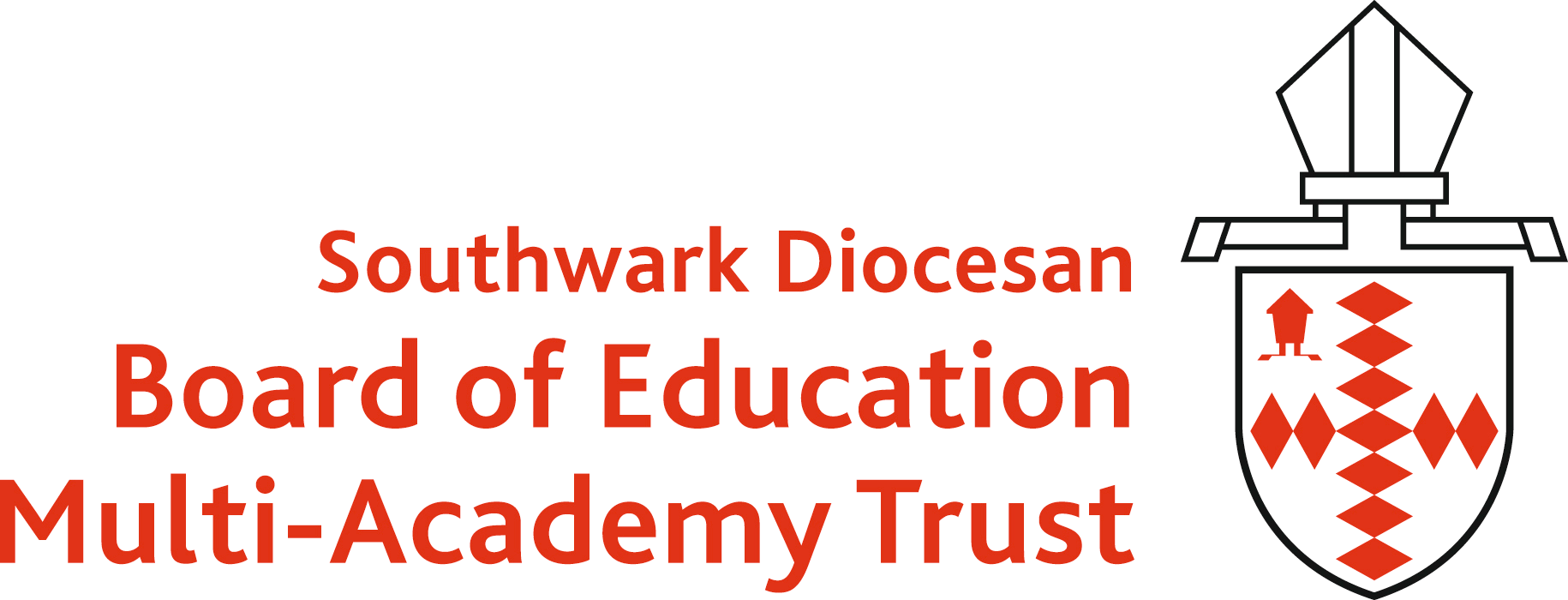Spirituality in St Luke's
What is spirituality?
“Spirituality is like a bird: If you hold it too closely, it chokes, And if you hold it too loosely, it escapes.” Israel Salanter Lipkin
Spirituality concerns a person’s relationship with themselves, with others, with God (or the transcendent), and with nature and the environment. These four elements: self; others; transcendence and beauty form the basis of our work with children in developing a strong sense of spirituality.
It is also vital that all of the adults in school also see the need to develop their own spirituality for their own wellbeing, and so that they can effectively support and help our children and each other.
The four elements - what these consist of:
Self
- Awareness of feelings; ability to reflect and express
- Awareness of our uniqueness; happiness with who we are
- Gratitude for the things we have and the person we are
- Exploration of personal faith
- Development of imagination and creativity
Others
- Empathy and understanding; respect, tolerance
- To love and be loved (loving your neighbour)
- Making a difference; duty
Transcendence (Beyond)
- Encountering/experiencing God (having a sense of what lies beyond the material/physical)
- Ability to formulate and discuss the ‘Big Questions’ (e.g. about life, death, suffering, nature of God)
- Opportunities for prayer, connecting with God
- Making sense of the world
Beauty
- Developing a sense of awe and wonder
- Enjoying the miracles of everyday life
- Taking time for what really matters
- Appreciating beauty in art, music, nature
Spiritual Capacities include children’s ability to:
• be guided by their beliefs and values and be willing to take a stand to defend them
• be self-aware and empathise with the experience of others in the school and wider community
• love themselves, care for themselves, believe in their potential to achieve, and find inner strength and resilience when facing challenges
• exercise imagination and creativity, appreciate beauty in the world and be alive to experiences of awe and wonder
• be intrigued by mystery and be open to an awareness of the transcendent in the whole of life
• be comfortable with stillness and silence and open to engage in reflection/meditation/prayer
• be ready to say sorry when mistakes are made, to forgive themselves and to forgive others
• be willing to take risks and to reflect, learn and grow following experiences of failure as well as success
• demonstrate curiosity and open mindedness when exploring life’s big questions
• appreciate and be thankful for what is good in life and show generosity towards others
How we aim to nurture Spirituality
Children’s spiritual development is nurtured through all aspects of our provision. We believe it is important to develop strong relationships using our school Vision and Values as well as the development of knowledge, concepts, skills and attitudes. We give children opportunities to:
- Have regular time in the day for quiet and reflection. This might be listening to a story, lighting the candles in worship, listening to music, the reflection for the day, use of the reflection areas around school or the prayers said throughout the day.
- Have opportunities for creativity and using their imagination
- Explore, express, share and compare feelings and opinions. This is planned into all subjects across our curriculum but it more focused within our PSHE/ RHE using the Jigsaw scheme, worship and RE lessons. Other structures such as Restorative Justice, Metacognition, Growth Mindset are used to support this further.
- Constantly reaffirm the importance of relationships. How we talk to and relate with each other is fundamental.
- Express awe and wonder, appreciate beauty in all its forms, and appreciate the connections and unity in the world
- Encourage everyone to show kindness, caring and compassion, and to express these in practical ways. (eg: how we treat each other every day; charitable works; through prayer spaces)
- Explore the ‘Big Questions’ – particularly through our RE curriculum, topics, worship, theme weeks, news events and through nurture sessions.
- Read often, giving them opportunities to discuss and reflect. This includes both secular and religious texts, in particular the Bible.
- Begin to develop their own system of beliefs, which may or may not include religious beliefs.
- Reflect on the situations of others through role play or stories.
Structures to support and develop spirituality
- Opportunities are planned across our curriculum.
- We have developed Big Books for ‘ Thoughts, Prayers and Reflections’ to show the developing reflection and spirituality across the school.
- We have a planned programme for Collective Worship across the school. Themes are planned for the year, based on our School Values using Roots and Fruits and the Diocesan plans. Worship also involves British Values and is flexible enough to respond to World events.
- There is a daily act of Collective Worship taking different forms, and involving our Worship Leaders, other children and a range of visitors.
- Displays and pictures around the school continually celebrate and encourage reflection and spirituality.
- Visits and visitors support all our work.
Impact: how do we know this is being effective?
Spiritually has helped to develop children love and accept themselves and enjoy good relationships with each other. They take an interest and delight in the world around them and are open to what lies beyond the material (this may manifest itself in faith/belief in God). They are able to express and understand feelings, as well as respect those of others. They have a strong moral sense and a love of what is good. They are able to enjoy quiet and stillness, they possess an active imagination, and show joy in creativity and discovering new skills.
What is the Role of the School Community?
All members of the school community have a responsibility for helping to nurture children’s spiritual development.
School staff can do this through:
- Establishing and maintaining a partnership between children, parents and staff; recognising and respecting the faith background of the children and their families.
- Understanding and considering the needs and backgrounds of each individual child.
- Using our School Vision and Values to be positive role models within the community- promoting respect for other people and their views, showing consideration for and support towards others.
- Drawing on the experiences of children and their families to support teaching and learning across the curriculum, including RE lessons.
- Being willing to develop their own knowledge and understanding of the Christian faith and the faiths of others.
- Taking part in, and supporting, Collective Worship.
- Having a positive attitude to the value of spiritual education.




